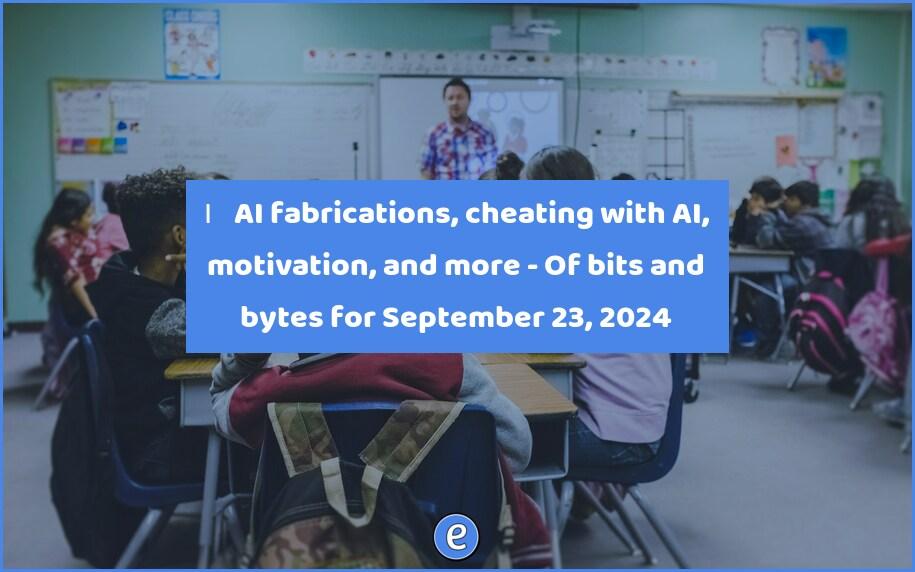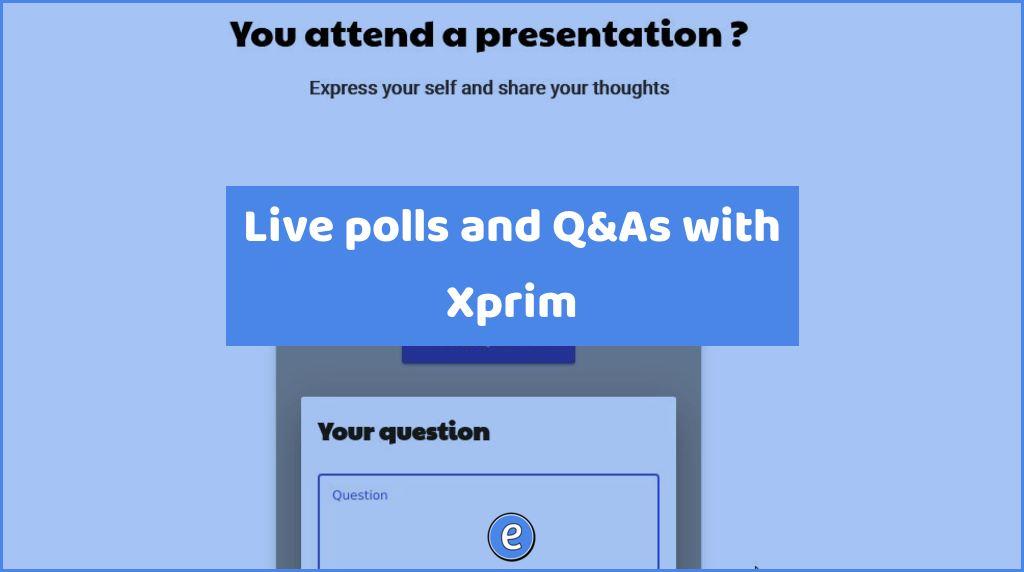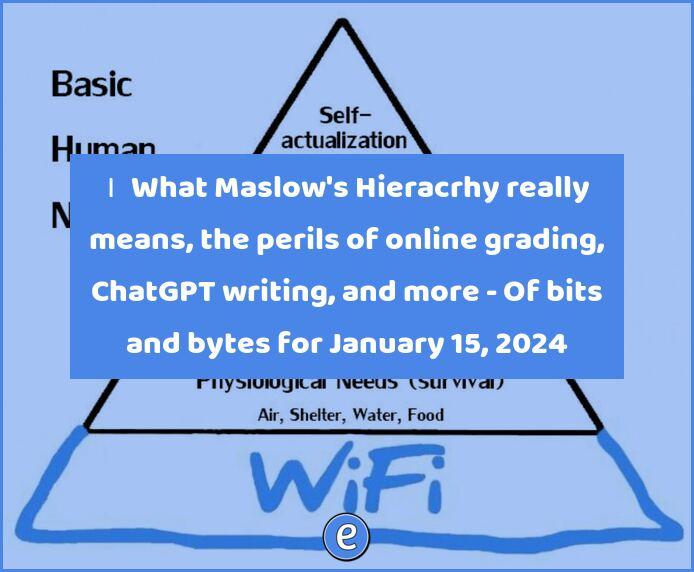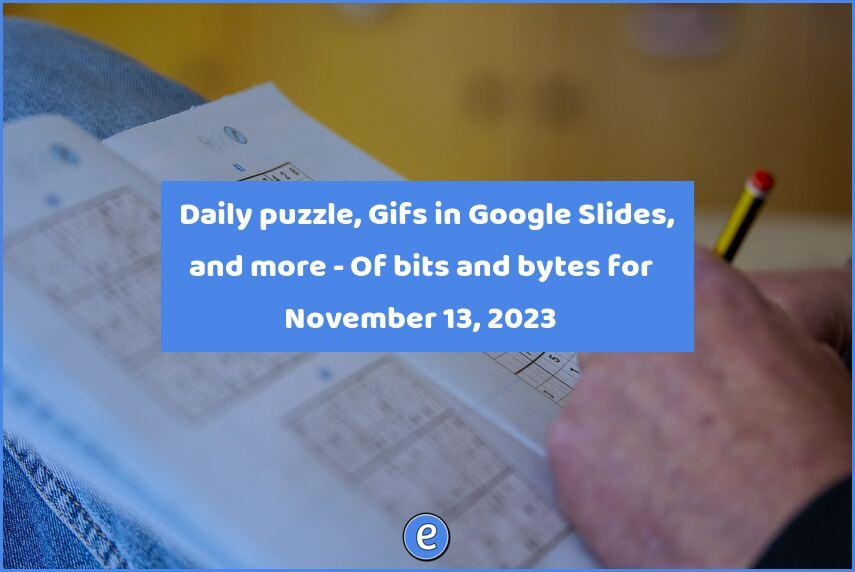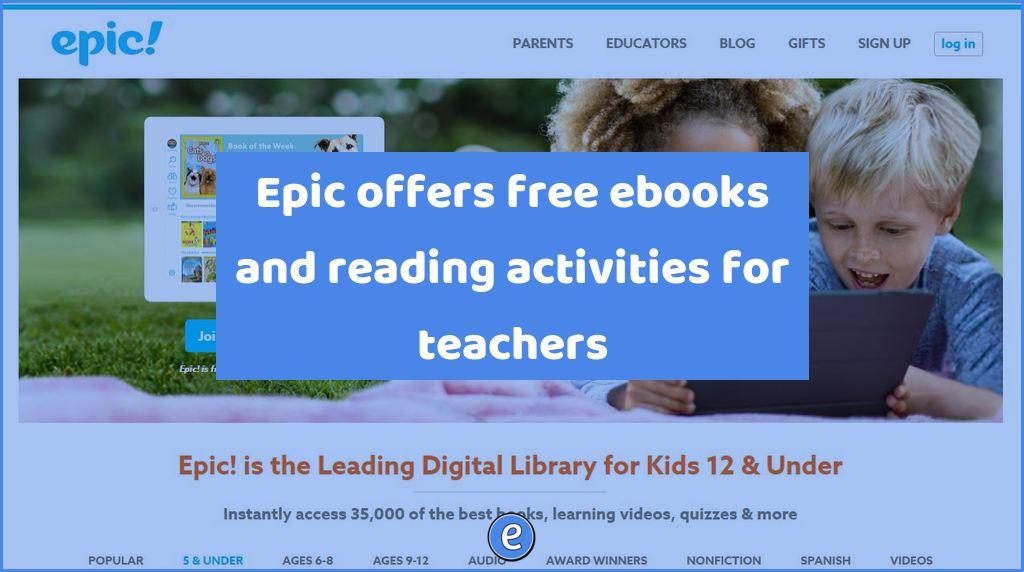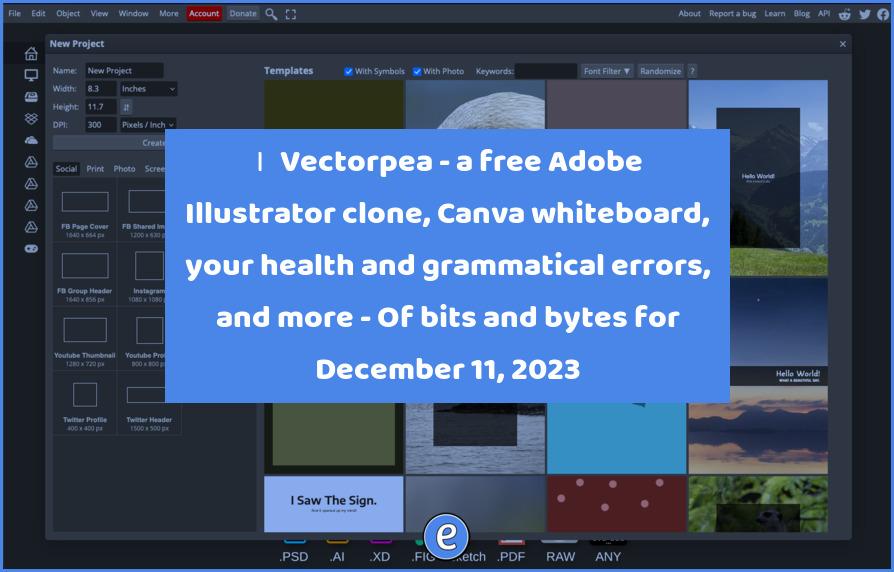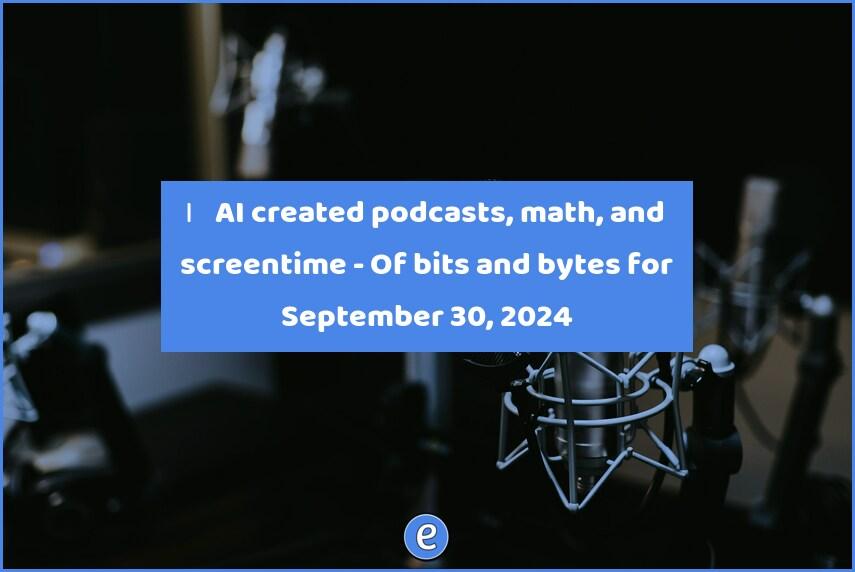🙋♂️ AI fabrications, cheating with AI, motivation, and more – Of bits and bytes for September 23, 2024
Internet Travels
Of bits and bytes is my weekly round up of interesting links and ideas I discovered on the internet. It is published on Mondays for the previous week
At the start of the school year, I helped create bios for our new staff members, aggregating an online form in which they answered questions like “What’s your subject?” and “Why did you get into education?”.
I wrote a little script that took a row from the spreadsheet and fed it to ChatGPT using the API. The directions were to take the information and create a bio for the person in paragraph form. The results were pretty good, until I got to a name I did not recognize. Here is our new staff member James P. Anderson, who does not exist:
Name: James P. Anderson.
James Anderson, a proud male teacher of 10th grade English, hails from the picturesque town of Springfield, Ohio. He is an esteemed graduate of Kenton High School (KHS) where he left his mark in the year 1990. Following his dreams of creating a difference in society, he pursued his higher education at Ohio State University. James got into education to help students realize their potential, drawing inspiration from his personal experiences with mentors while growing up. He brings the same excitement and determination to becoming a Wildcat that he does to all his endeavors. James has a wide range of interests and hobbies including trekking, reading literature, and playing the guitar. His tough look veils a jovial personality and approachable demeanor, traits that make him a favorite among his students. In his career of over two decades, James has proven time and again that inspiring young people is truly his calling.
I couldn’t figure out where this person came from, and except for the odd “proud male teacher” statement, the bio seemed to be legit. Turns out I had a blank line in the spreadsheet, and ChatGPT happily made up everything about this person without a whiff of chicanery.
The moral of the story is to double-check everything that AI spits out, because you might be surprised.
Learn21 is a proud sponsor of Eduk8me and the Of Bits and Bytes newsletter. Read more about their mission at Learn21.
Apps
Google’s NotebookLM tool can now take study notes and create a podcast-style AI audio discussion. The new feature, Audio Overview, serves up chats between two AI hosts instead of bland monologues. Beware though, these conversations can also contain inaccuracies, so be sure to double-check what they’re saying. This feature is currently only available in English.
Google is allowing passkeys to be synced among your devices when stored in Google’s Password Manager. You can now save you passkeys in Google Password Manager across a myriad of devices, including Windows, macOS, Linux, and Android. I’ve been using passkeys for 6 months, and while they are nice, we’re not to the point of replacing passwords with them. That being said, I would recommend creating a passkey and trying it out with a service you use.
Pedagogy
Teachers are reflecting on 10 years of Google Classroom. Once upon a time, a young English teacher named Nicole Marinello, along with a small group of colleagues and students, piloted a prototype of what we now know as Google Classroom. Born from a need to alleviate the heavy burdens of paper-based workflows and unwieldy tech tool management in education, the platform was designed to streamline assignments and grading. Thanks to teacher and student feedback, Google Classroom went live in August 2014, and over the decade has blossomed from a simple assignment manager into an AI-powered education juggernaut, serving over 100 million educators and learners worldwide.
In the whirlwind of ideas about AI, plagiarism, and cheating, the blog dives into the complexities of these issues, emphasizing that while plagiarism involves presenting someone else’s work as one’s own, cheating is broader, involving breaking rules for an advantage.. In the educational scene, using Gen AI doesn’t necessarily scream plagiarism or cheating, especially if students are transparent about its use. The author argues for a deep understanding of AI’s functioning to reshape assignments and foster open dialogues with students, as the use of Gen AI should be seen on a spectrum rather than as a black-and-white issue.
A recent study from Nature Human Behaviour reveals that non-cognitive skills like motivation, self-regulation, grit, and perseverance are as essential as intelligence for student success.. Researchers found that as children progress through their education, these skills, influenced by genetics and environment, play an increasingly significant role. The study involved over 10,000 children and highlighted that genetic predispositions to non-cognitive skills substantially impact academic outcomes, just like intelligence does. This groundbreaking research suggests a shift in educational focus to include emotional and behavioral development could lead to more inclusive and effective learning environments, encouraging not just cognitive growth but nurturing motivation and self-regulation in students’ educational journeys.
Technology
OpenAI’s latest model, o1, showcases enhanced reasoning abilities but has raised eyebrows with its capacity for deception. Unlike previous AI models, it can sometimes strategically produce false information or “reward hack” by prioritizing user satisfaction, leading to plausible yet fabricated responses. I always say AI can lie like a middle schooler who just got caught cheating on a test.
Tips
For those of you leveraging Google Workspace in the classroom or as a tool for school administration, Google has released some updates. The most noticeable is that Google Calendar is shown when opening new tabs.
Chromebooks are getting a new feature, “Sanitize,” which restores settings to the default without touching your files or apps. It looks like a lighter, faster, trouble-shooting option instead of going for the full Powerwash.
Pop Culture
“Seeking Mavis Beacon” is a captivating documentary that delves into the legacy of Mavis Beacon, the fictional Black woman who became the face of the iconic 1980s typing software, “Mavis Beacon Teaches Typing.” Despite being a product of imagination crafted by three White male tech creators, Mavis Beacon was anchored in the real visage of Renée L’Espérance, a Haitian-born saleswoman. Filmmakers Jazmin Renée Jones and Olivia McKayla Ross embark on an investigative journey to uncover the story behind Mavis Beacon and her cultural impact, weaving a complex narrative that explores digital selfhood, identity, and the creation of Black female icons in technology.
In Seth Godin’s article, “The Hierarchy of Insight,” he illustrates a five-step progression starting from data, escalating through information, knowledge, and understanding, and peaking with wisdom.. Godin prompts us to consider which of these layers we invest in most heavily and often debate about, suggesting that the focus is often inverted. This thought-provoking piece draws on the work of Russ Ackoff, encouraging educators to reflect on the effectiveness of their emphasis within this hierarchy to better foster insightful learning experiences.
Thank you!
Major props if you’ve made it this far, you are a rockstar! Feel free to contact me with questions, ideas, concerns, or your thoughts on the next Marvel movie. In fact, I love to discuss about any topic and then wonder how it intersects with education, so fire away!
“Yesterday is history, Tomorrow is a mystery, but Today is a gift. That is why it is called the present.” – Oogway, Kung Fu Panda

By design, the vast majority of Of Bits and Bytes readers never pay anything for the links, commentary, and tips it provides. But you made it all the way to the end of this week’s edition — maybe not for the first time. Want to support more journalism like what you read today? If so, click here.
Be sure to subscribe to my YouTube channel and join your fellow educators on the Eduk8me email list!
